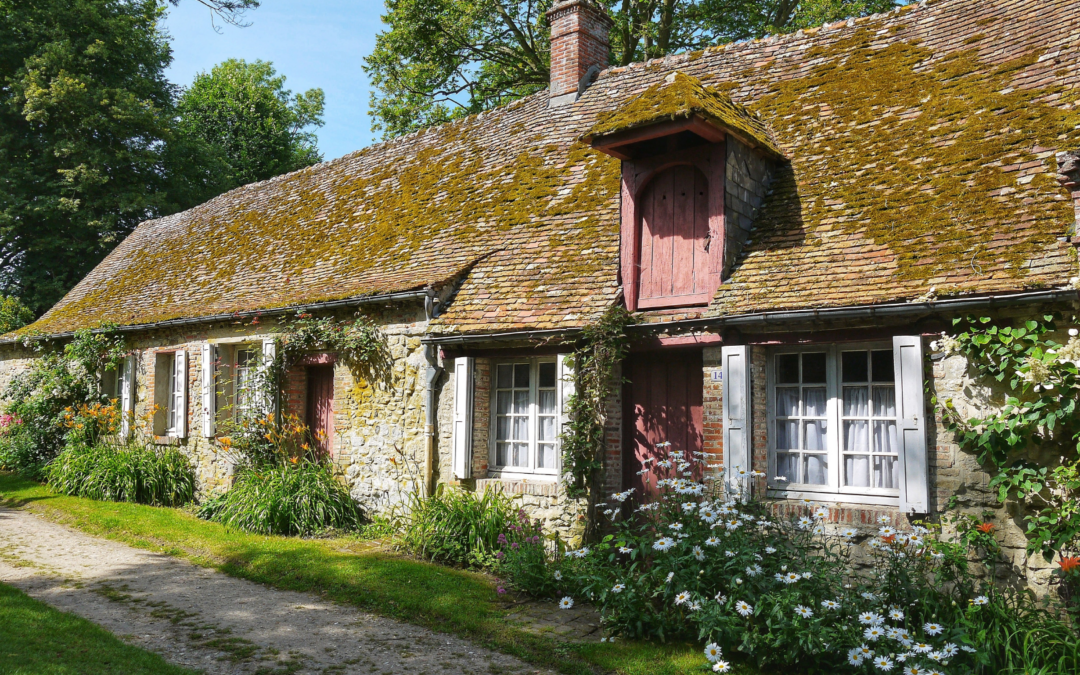Planning permission can seem a daunting process – OnTheMarket’s guide explains exactly what’s involved.
What is planning permission and when do I need it?
If you want to construct a new building or make large-scale changes to an existing structure, including extensions and outbuildings, you will need planning permission from the local authority. The purpose of the system is to control inappropriate development.
To avoid the system becoming overloaded, Permitted Development Rights allow minor improvements, for instance adding conservatories, swimming pools or loft conversions, without consulting the planning authorities.
Outline planning permission and full planning permission – the difference explained
Outline planning permission gives permission in principle to building a home subject to guidelines on dimensions. When buying land that comes with outline permission it is important to study what designs are approved.
Because the information required in an outline application is so detailed, most people opt for full planning permission.
Cost
The fee for an application for a new single dwelling in England is £462 and £206 for an extension. The process can involve other small charges, for things such as planning conditions from the local authority, see below, which have to be fulfilled. Fees in Wales, Northern Ireland and Scotland vary.
Planning conditions
These are found in the binding small print of applications. They are imposed with the granting of planning permission and must be abided by.
They concern materials, landscaping, boundaries and above all the project’s timescale. Failure to stick to the conditions can mean that planning consent is invalidated.
Format
An application should include five copies of the forms; signed ownership certificate for the land; a plan of the site; a block plan; elevations of the existing and proposed sites; a Design and Access statement, see below, and the fee for applying.
If you feel you will be refused you can withdraw an application at any time before the decision is due, and resubmit free of charge.
Design and Access Statement
This document accompanies a planning application. It will explain how and why a project is suitable for its environment and its proposed users.
The statement must be included with a planning application, otherwise authorities can refuse to register your submission.
The authority’s decision
Decisions to grant Planning Permission for a building are based on ‘material considerations’. These include:
Design
Loss of privacy
Parking
Traffic impact
Noise
Listed buildings or conservation areas
Previous planning decisions
Disabled access
Government policy
Impact on nature
Time
The process usually takes 8-12 weeks and includes a public consultation so that neighbours and interested parties can view the plans. If there are objections by the public or a councillor then the decision will be put to a vote at the local planning committee. An applicant can address the committee.
Refusal – what happens next?
About 75 per cent of applications in England are granted. However, if your proposal is refused you can re-apply after addressing the reasons for refusal, or appeal to the planning inspectorate, an agency of housing ministry. Some 40 per cent of refused householder applications are granted on appeal.
Can we replace “an agency of housing ministry” to “an executive agency, sponsored by the Ministry of Housing, Communities & Local Government and by the Welsh Government”?
Success – when does the project begin?
Permission is usually given for a period of three years. If work does not begin in that time then you may need to reapply. You can apply to extend a planning period at a cost of £50.
Once permission has been granted you may only make minor alterations to your plan and you need to apply for a non-material amendment to do this. Major alterations will usually require a further full planning permission application.
Proceeding without planning permission – the risks
The local authority can demolish or alter any building put up without official consent. If this happens you can submit a retrospective planning application and appeal if this is refused. However, this can prove to be risky and possibly very costly.
Planning consultants
A consultant is up to speed on all developments in planning. By hiring one to assess a project before buying land, you could save a great deal of time and money.






